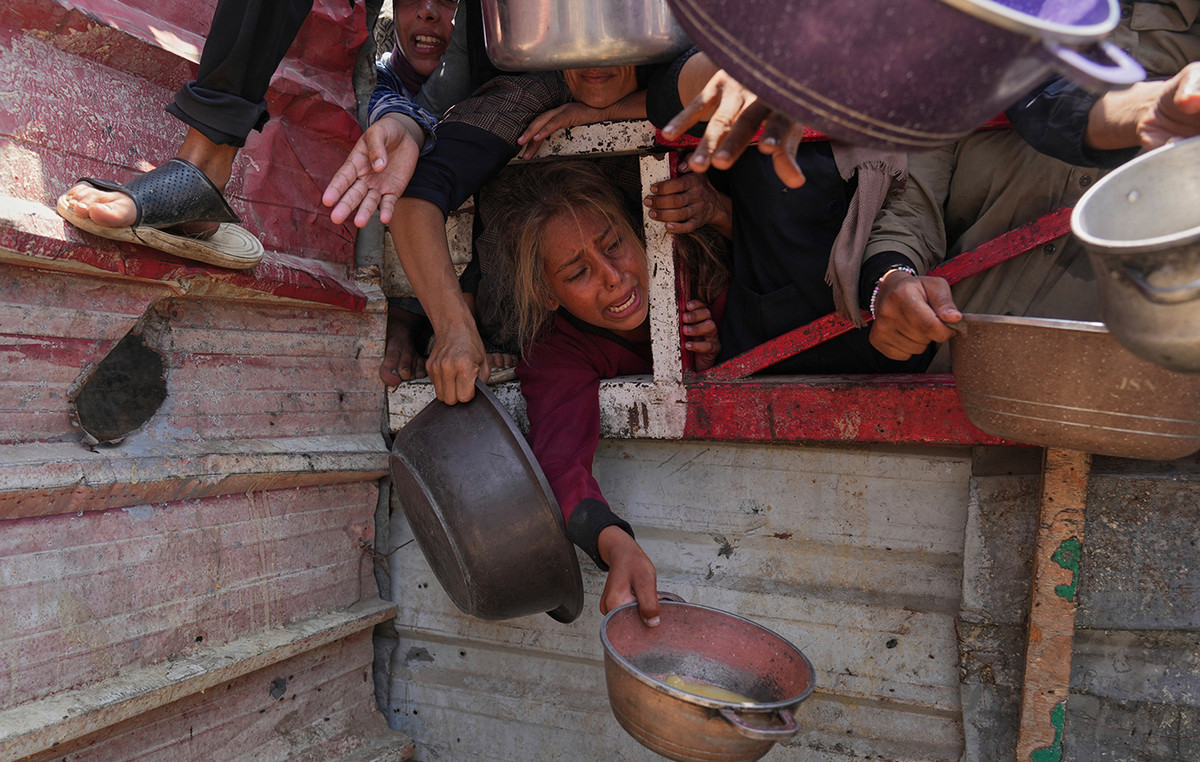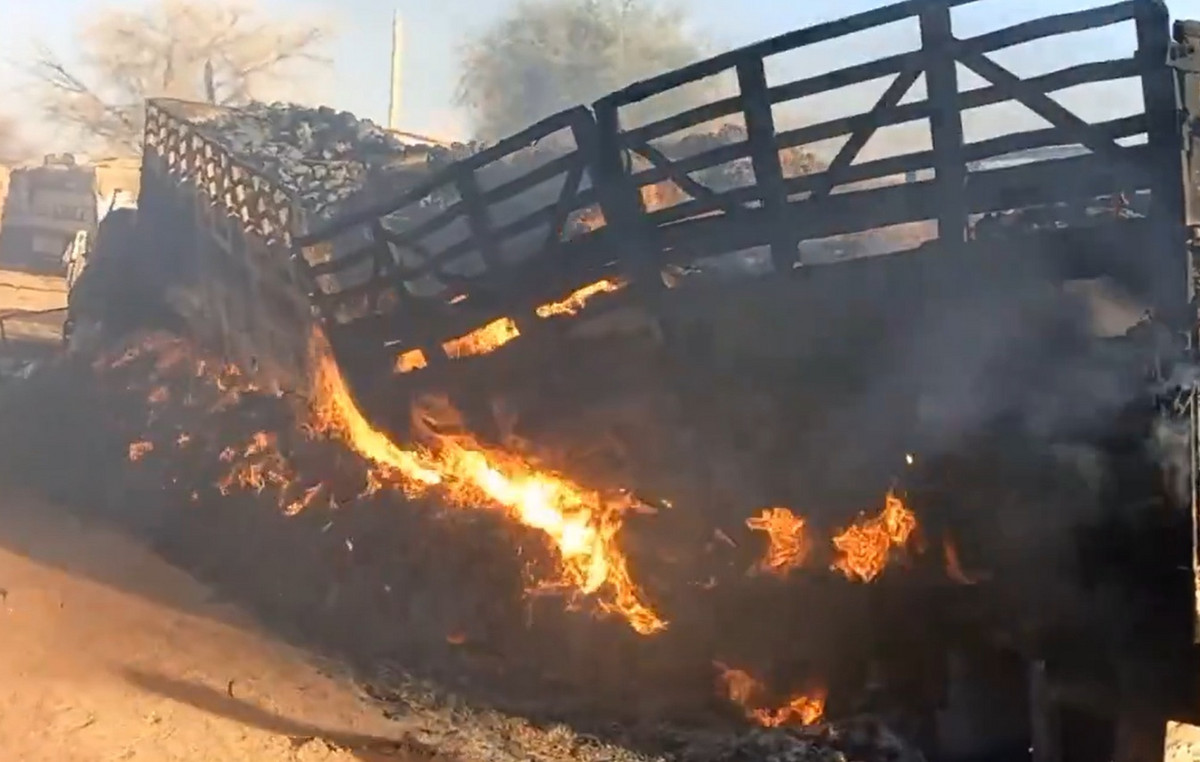By Javier Blas
European gas prices are still well below the all-time high reached in March. However, they point to a more prolonged disruption than markets expected in the immediate aftermath of Russia’s invasion of Ukraine.
While the gas market had then discounted a short-term crisis that would last a few months, it is now ringing the bell for next winter, until 2023 and increasingly into 2024. In recent days, the entire European gas price curve it has been repriced at a much higher level.
The shift in the curve has been the most notable development in the natural gas market over the past month, one that is not garnering enough attention in European capitals. But the industry is keenly aware as it bears the cost. In March, a German producer could lock in gas prices for all of 2023 at around 80 euros per megawatt hour. Now, it has to pay a record €145 to hedge the same price risk.
It’s not just companies that pay the cost. Cornwall Insights predicts that UK households will pay up to £3,244 ($3,886) a year for their gas and electricity bills starting in October, an increase of almost 65% from £1,971.
Last week, the Dutch contract – the European benchmark – rose to around 175 euros, doubling in a month, after Russia cut supplies through the Nord Stream 1 pipeline in Germany. Even so, spot gas prices remain 30% below the record high of 227 euros set in the early days of the war. Prices are high, but not that high. After what the market went through in March, we can understand why officials are not panicking.
But this is if we ignore the movement at the back of the curve. On March 5, when spot gas prices soared to around €185, the December 2022 delivery contract only rose to around €155. Last week, when the spot price was slightly lower, the December contract “touched” almost 795 euros.
The first test will take place in the next two weeks. The Nord Stream 1 pipeline, the major natural gas pipeline between Russia and the European Union, underwent maintenance from 11 to 21 July. Berlin, for its part, is worried that Moscow will find an excuse to keep it closed for good, completely cutting off gas supplies to Germany. After all that Moscow has done, the German government is right to be concerned.
However, Russia may want to keep some level of gas flowing to maintain its long-term influence. From a game theory point of view, this makes sense. Once Russia stops deliveries completely, it can no longer exert pressure. Tactically, Moscow is likely to maintain some level of gas transport, retaining the ability to cut off or slow flows whenever it chooses.
In addition, Nord Stream 1 is the main pipeline for natural gas to Europe. Failure to reopen the pipeline after maintenance work is completed will limit the profits of Russian energy giant Gazprom.
Russia has clearly “deleted” its gas relationship with Europe. For now, however, it will continue to enjoy the gains it can make: High revenue and significant leverage. To achieve its goals, Russia must continue to sell some level of natural gas to Germany, but at reduced prices.
There is further danger ahead. At some point, Moscow will cut off the flows completely, probably just before winter, to try to bring the German economy to its knees. Something the market has yet to appreciate.
Source: Bloomberg
I’m Ava Paul, an experienced news website author with a special focus on the entertainment section. Over the past five years, I have worked in various positions of media and communication at World Stock Market. My experience has given me extensive knowledge in writing, editing, researching and reporting on stories related to the entertainment industry.







